Your Privilege Is Not An Exception
Why you shouldn’t take the “risk” of not social distancing
A neighborhood in the midst of quarantine. As we look out of our windows upon cloudy skies, it’s difficult to imagine how long this gloom could go if we disregard COVID-19’s severity.
Hospice was my family’s saving grace. Around this time last year, my father was admitted into a hospice program for his dementia, giving us help while caring for him at home in the final months of his life. Without it, I can’t imagine the difficulty we would have faced.
For those dealing with the same struggle a year later, having proper healthcare is too big of a risk. Many caretakers are letting their nurses go out of fear that their immunocompromised loved ones will catch COVID-19. Hospice programs are overloaded, stripping away the intended comfort they are intended to bring towards the end of a person’s life. The healthcare system as a whole is strained; to put it simply, it’s difficult for people to get care to help them through the end of their life or the treatment they need to keep them living.
In addition, COVID-19 threatens devastation for populations ranging from pregnant women to the homeless, whose immune systems may not be able to fight off the virus. People across the globe, meanwhile, are losing their jobs or suffering without stable wages.
With all of this in mind, social distancing seems like a simple concept. If you don’t have to work, stay at home so that life can get back to normal faster and so those who are at high-risk can feel safe. I was surprised to see that many of my peers aren’t following through. Social distancing is treated as some kind of a joke, nothing more than an Instagram caption to use when you break it to hang out with your friends. We’re failing to recognize the actual weight our actions may have on other people.
Our generation is one of risk-takers, growing up on the phrase “you only live once” and planning our lives around what we want to do, rather than doing what the world wants us to do. There’s nothing wrong with this philosophy on its own. Going into a career that makes you happy but might not have a stable income is an example of a risk that has the potential to be extremely beneficial to you. However, it becomes an issue when we’re putting other people in the firing line of our “risk”. If you risk catching coronavirus to see a friend, you are risking the lives and livelihoods of other people. Just because you won’t face devastation by contracting the virus or prolonging quarantine doesn’t change the fact that somebody else would.
While it’s important to look out for yourself, we have to remember that our society only works through sacrifices. Without them, we would have no schools, no roads, no doctors, no teachers. We wouldn’t be able to get groceries right now if it weren’t for essential workers making minimum wage to keep things up and running.
If we don’t depart from this self-gratifying bubble, we’re setting a dangerous standard, viewing ourselves as the only exceptions, the only ones worthy of life. And if suddenly, if you’re not the one privileged enough to take a risk, who’s to say anyone would help you up? Is that a risk we’re willing to take?

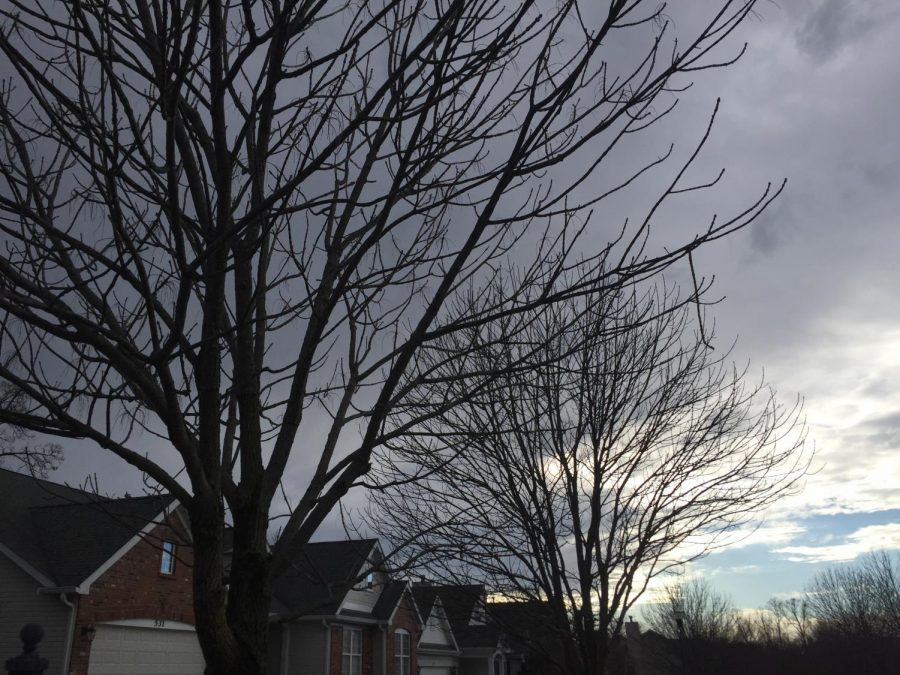
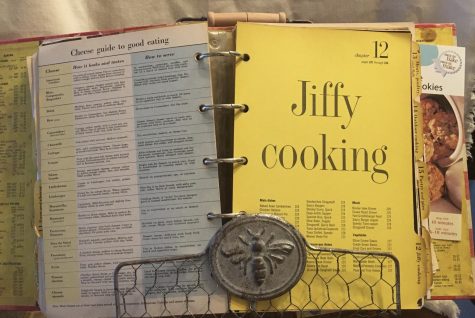
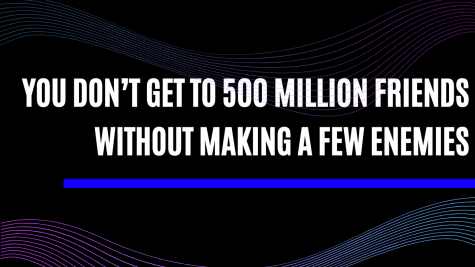
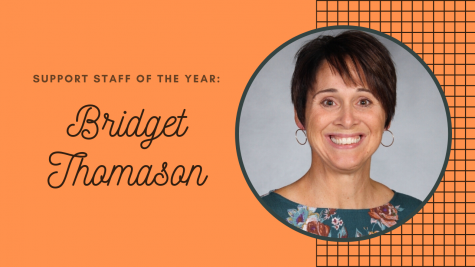
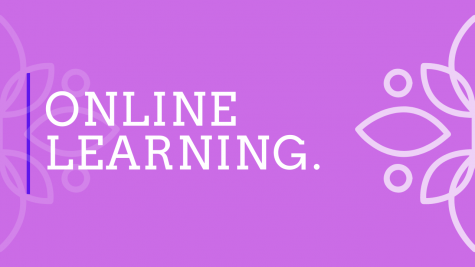
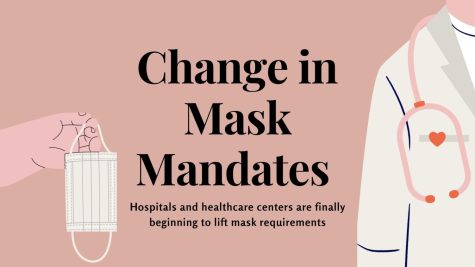
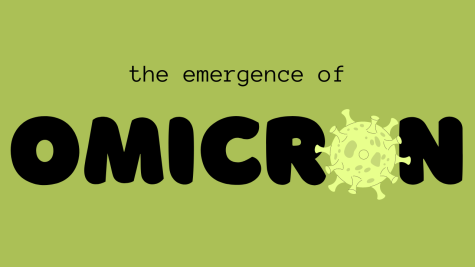
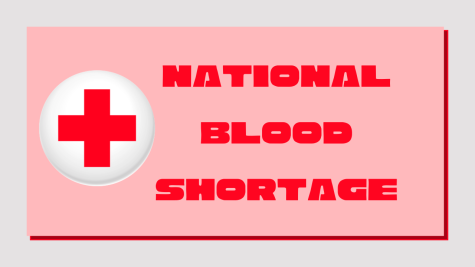
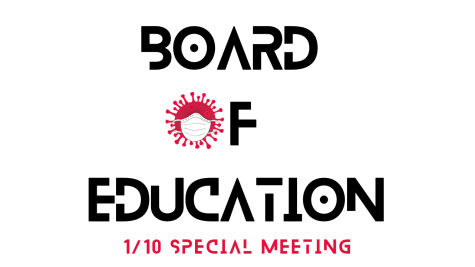

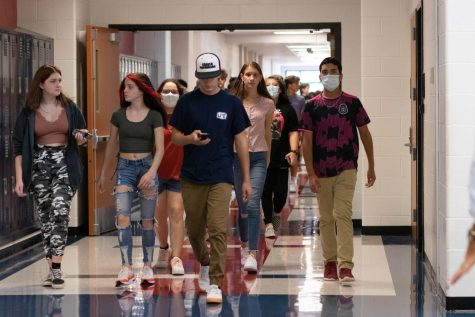
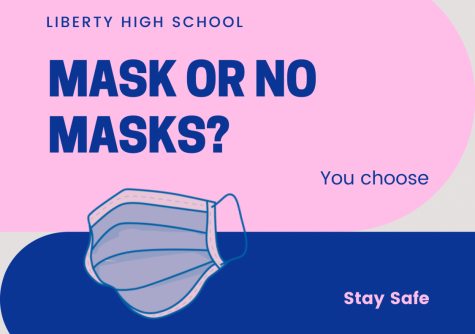
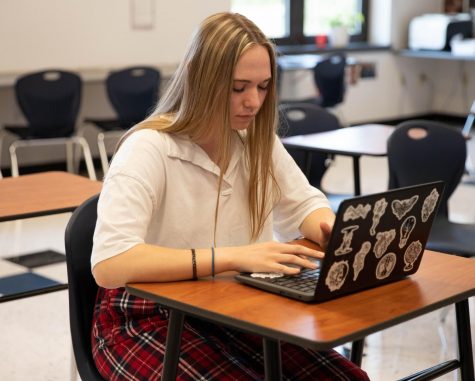
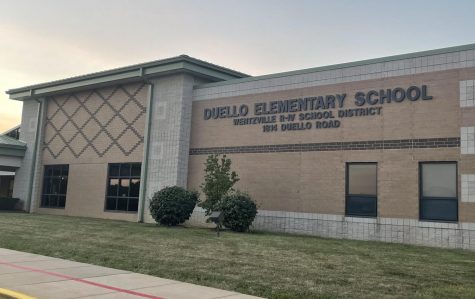
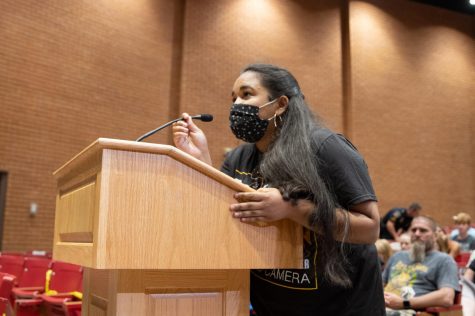
Brooke Huffman | Apr 28, 2020 at 2:38 pm
This story is absolutely incredible, and I hope your writing convinces people to take social distancing a little more seriously.
Emily Bohn | Apr 28, 2020 at 9:34 am
THANK YOU. You’re right and I’m glad you said it.